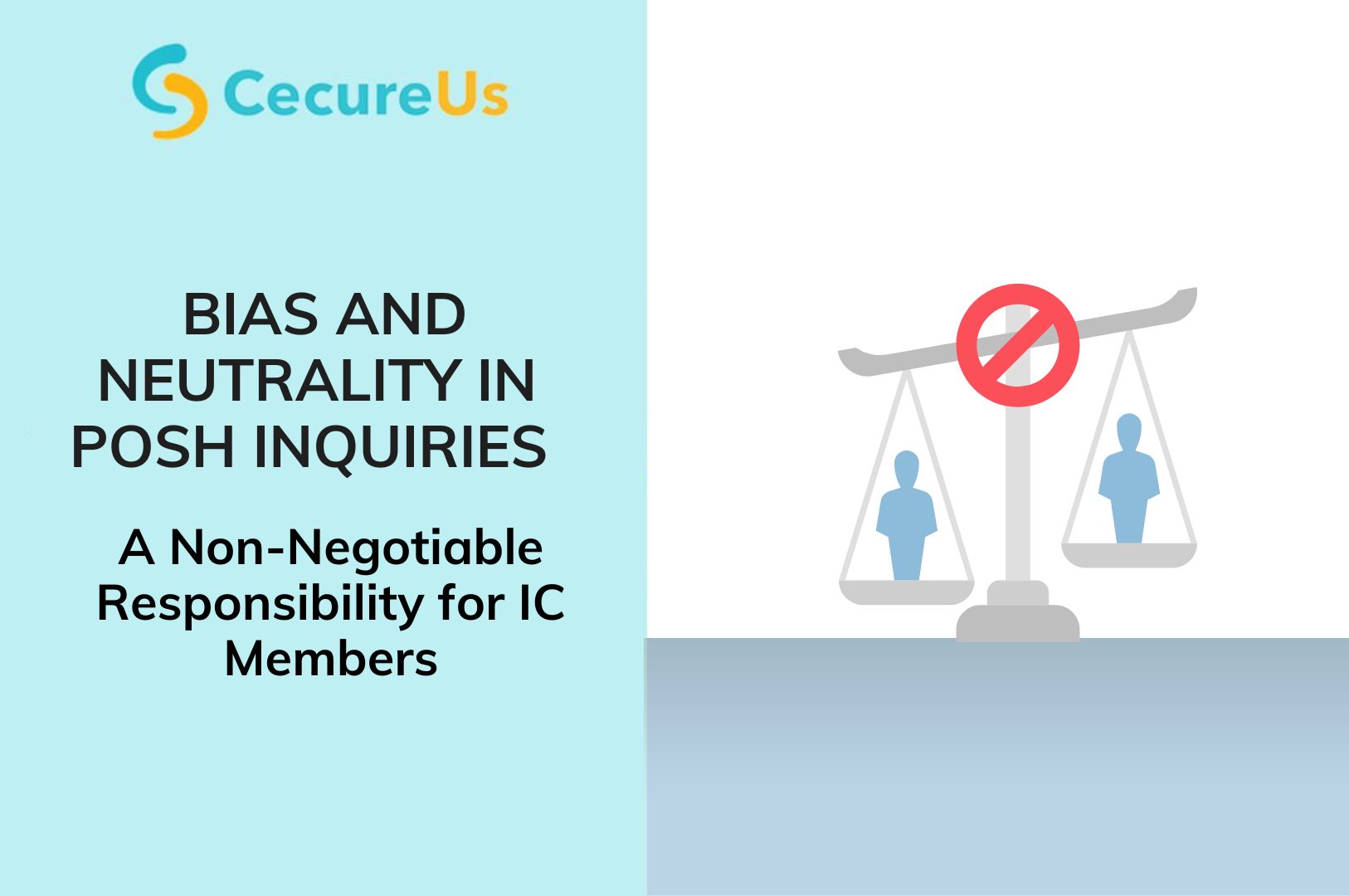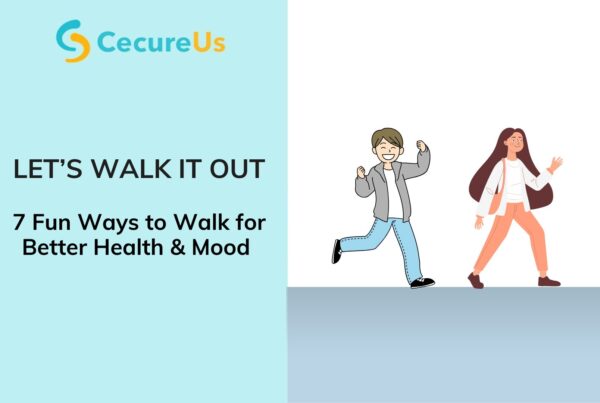
The strength of any Internal Committee (IC) lies not just in its legal mandate, but in its ability to act fairly, impartially, and without prejudice. In the context of the Prevention of Sexual Harassment (PoSH) Act, this means that bias—whether explicit or implicit—must be actively recognized and addressed by every IC member.
But what exactly does bias look like in a PoSH inquiry?
It could be:
- Assuming the complainant is exaggerating because they’re emotional
- Giving more credibility to the respondent because of their seniority or reputation
- Treating a team member’s friend or peer with undue leniency
- Believing one gender is “naturally more vulnerable” or “more likely to lie”
Such biases, if left unchecked, can erode the trust in the inquiry process and lead to flawed outcomes. Worse, they can reinforce the very power dynamics the PoSH Act seeks to dismantle.
Why Bias Awareness is Crucial in PoSH Cases
IC members are expected to uphold two fundamental principles of natural justice:
- Nemo judex in causa sua – No one should be a judge in their own cause.
- Audi alteram partem – Hear the other side.
Both these principles hinge on neutrality. Even an appearance of bias can invalidate the entire process and open the organization to reputational and legal risk.
Case Law Precedents on IC Bias
1. V. Uma vs Nilgiri Coop. Marketing Society (2022, Madras HC)
The Court held that the presence of a biased IC member, who had prior issues with the complainant, vitiated the inquiry. The organization was directed to reconstitute the IC and restart the inquiry afresh.
2. Ruchika Singh Chhabra vs M/s Air France (2020, Delhi HC)
The High Court observed that procedural irregularities and the IC’s failure to follow neutrality—including not giving the complainant a fair hearing—resulted in a flawed process. It stressed that impartiality is the backbone of any IC investigation.
3. Medha Kotwal Lele & Ors vs Union of India (2013, SC)
This landmark case emphasized that organizations must ensure ICs are independent and unbiased, with no conflict of interest, and are capable of conducting free and fair inquiries under Vishaka Guidelines and the PoSH Act.
These cases serve as powerful reminders that bias—real or perceived—can lead to entire inquiries being overturned and judicial interventions.
Common Sources of Bias to Watch For
- Organizational Hierarchy: Being influenced by the designation or track record of the respondent
- Cultural Similarities: Aligning subconsciously with someone due to shared language, region, or background
- Gender Stereotyping: Believing men are less likely to face harassment or women are overly sensitive
- Confirmation Bias: Only seeking evidence that supports your initial impressions
Self-Awareness First: IC Members, Check Your Bias
Before handling any case, it is essential for every IC member to take a moment to self-reflect. We have created a Bias Awareness Checklist to help you do just that.
Take this 3-minute reflection before your next inquiry — and revisit it during and after the process too.
What Neutrality Looks Like in Practice
- Giving equal time and attention to both parties
- Avoiding assumptions based on emotional display
- Using consistent body language and tone during interviews
- Ensuring groupthink does not influence collective decision-making
- Recusing oneself if impartiality cannot be assured
Neutrality doesn’t mean lack of empathy—it means making sure empathy doesn’t cloud objectivity.
Final Thought
In PoSH cases, bias is not just unethical—it’s unlawful. The IC’s role is one of immense responsibility. Upholding neutrality is not just about doing what’s right for the parties involved; it’s about preserving the integrity of the institution and the workplace culture.
Let’s move from unconscious bias to conscious fairness—one inquiry at a time.
Please reach out to us for any queries on Bias and Neutrality in PoSH Inquiries.
For more blogs and articles, visit our official website. Contact us for workshops and queries related to POSH, EAP (Employee Assistance Program) , Diversity and Inclusion and Code Of Conduct.




